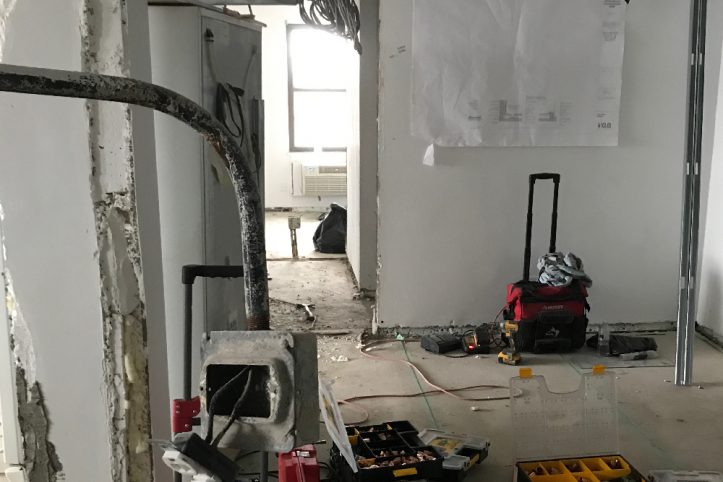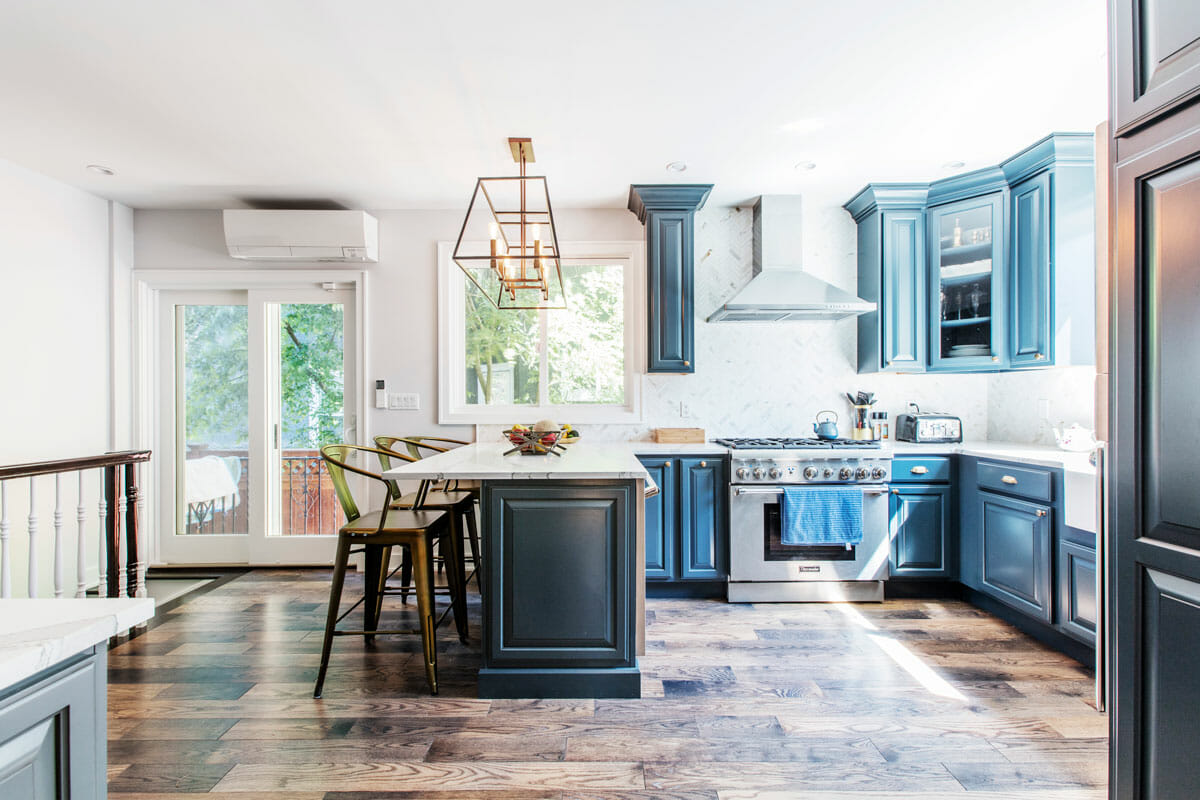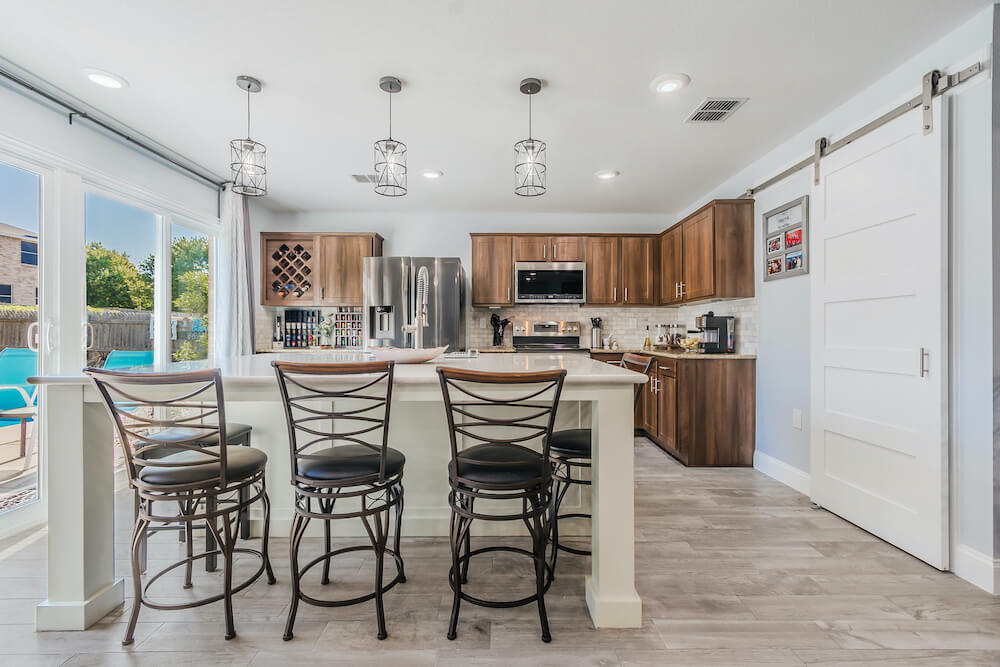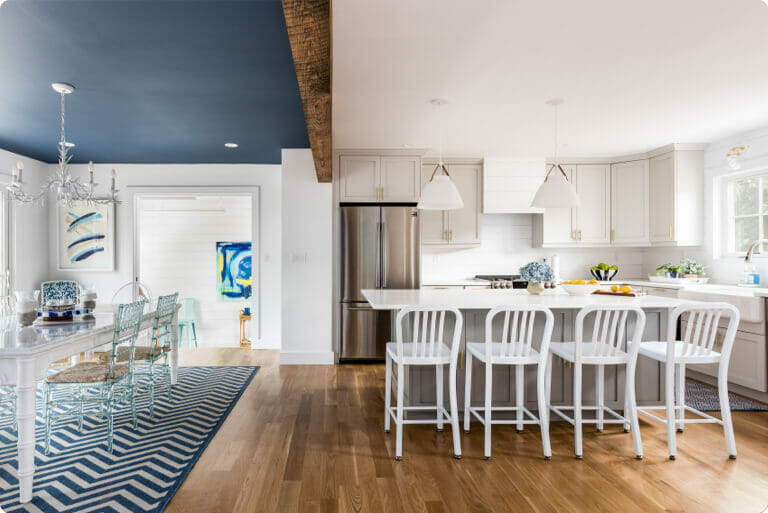How to Read an Alteration Agreement in NYC
Ready to start your NYC renovation journey? One important hurdle you’ll face early on is the alteration agreement. Don’t let the legalese scare you! This agreement acts as the roadmap for your project, outlining the work to be done, timelines, and budget. But it’s not just a technical document. Understanding the alteration agreement empowers you as a homeowner. It ensures everyone involved is on the same page, protecting your investment and minimizing surprises down the road. This blog post will break down the key elements of an NYC alteration agreement, giving you the confidence to navigate the renovation process smoothly.
Chances are, if you’re renovating in an apartment building—whether it’s a co-op or a condo—you’ll know what an NYC alteration agreement is. And if you don’t, read on! It’s one of the many factors that will determine whether your renovation vision can come to life.
Alteration agreements recognize the reality of urban living: your neighbors are just a wall, ceiling, or floor away. What you choose to do in your renovation will affect their apartments and their lives over the duration of your project. This document prioritizes the greater good of the building over your desire for a new kitchen configuration. However, it doesn’t mean that you can’t get that new layout. The document is there to give consideration to your fellow residents. We offer this outline as the jumping-off point for your renovation’s building approval process.
What is usually included in an alteration agreement?
Scope of Work
Clarity and Conciseness: Sweeten brings homeowners an exceptional renovation experience by personally matching trusted general contractors to your project, while offering expert guidance and support—at no cost to you. Renovate expertly with Sweeten
- “The alteration agreement will require you to submit detailed plans and a scope of work, which will be reviewed by the building board and their architect. Our Sweeten contractors are experts in navigating this process and addressing any questions.“
Insurance
Emphasis on Building Requirements:
- “The agreement will require you to provide proof of insurance for your contractor and subcontractors, meeting the building’s specific coverage requirements. In NYC, buildings typically require $1 to $2 million, but some may demand up to $5 million. As Sweeten architect Jiwoo points out, ‘This higher level of insurance can significantly limit your contractor options, as many don’t carry such extensive coverage.‘”
Timeline
Clarity on Restrictions and Penalties:
- “Building boards prioritize the quality of life for residents, often imposing noise restrictions and limiting renovation hours to avoid disruptions. Some buildings may also have seasonal restrictions, such as only allowing work during certain months. The alteration agreement may include project deadlines with potential penalties for late completion. However, Sweeten general contractor Santiago notes that boards are sometimes willing to extend deadlines or offer grace periods.“
- “Additionally, buildings may limit the number of ongoing renovations at any given time, requiring you to plan accordingly and potentially wait for neighbors to complete their projects.“
At Sweeten, we’re experts at all things general contractors — we pre-screen them for our network, carefully select the best ones for your remodeling project, and work closely with hundreds of general contractors every day. So, we’ve tapped our internal expertise to bring you this guide.
Wet-Over-Dry Rule
Emphasis on Architectural Expertise:
- “The wet-over-dry rule is another important consideration. If you’re planning to relocate bathrooms or expand kitchens into former bedrooms or living rooms, you may encounter restrictions. Buildings often prefer to keep ‘wet’ rooms in a vertical stack to minimize the risk of leaks. However, your architect can work with the board to explain the precautions you’ll take to prevent leaks and noise disruptions.
Is it worth submitting plans that request something that is expressly prohibited in the alteration agreement?
The document provides the ground rules for your renovation. That said, it depends on the character of your board and the management company. Open a discussion on a reasonable point if you think that the agreement is outdated or does not reflect current practice. Examples could be the enforcement of the wet-over-dry rule or the prohibiting of a new HVAC system. The first person to ask is the property manager—if that person says no, it’s not worth wasting your time.
The building board of one Sweeten homeowner on the Upper West Side prohibited central air from being installed. With tenacity and support from her renovation team, she was the first homeowner to have the HVAC system in her home.
What if there is no alteration agreement?
If your building does not have an alteration agreement, it does not mean that you are free to take a no-holds-barred approach to your renovation. This means that the approvals process will be dictated entirely by the composition of the board and its preferences. Smaller buildings might not have this document and these approvals processes tend to be very hands-on. This scenario may play out in the renovator’s favor, however, given that these small buildings can also be more open to your vision.
Important things to remember
Sweeten contractor Santiago reminds us of the purpose of alteration agreements: “The main thing is that the board wants to protect itself. Second, it wants to protect the other shareholders.”
But you should take the document with a grain of salt. “It only gives you so much insight. It’s a formal document, but the truth of the matter is only revealed when you jump into the process,” explains Sweeten architect Jiwoo. “Ultimately, the alteration agreement tells you very little about what the review process is like. It’s not until you get comments back from your board’s engineer or architect that you will really discover what is off-limits and what is permitted.”
Use your alteration agreement as a guide, but work with an experienced NYC general contractor and architect to help you navigate both the agreement and the co-op board. Find the remodeling experts with the right experience and you’ll be on your way to demolition and a reimagined space.
–
We Can Help You With Planning
Find endless home renovation inspiration, detailed guides, and practical cost breakdowns from our blogs. You can also post your project on Sweeten today and get matched with our vetted general contractors for free!










